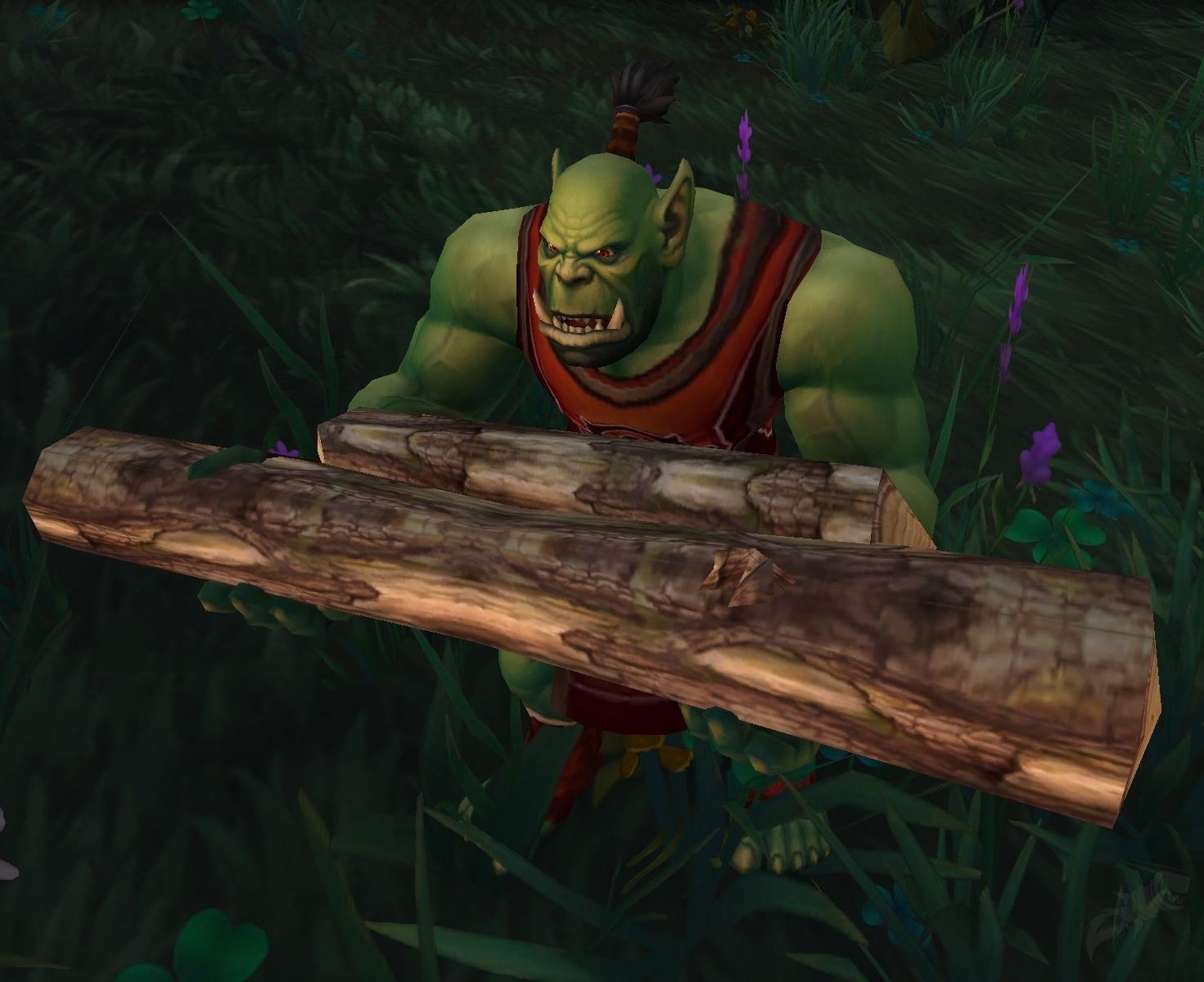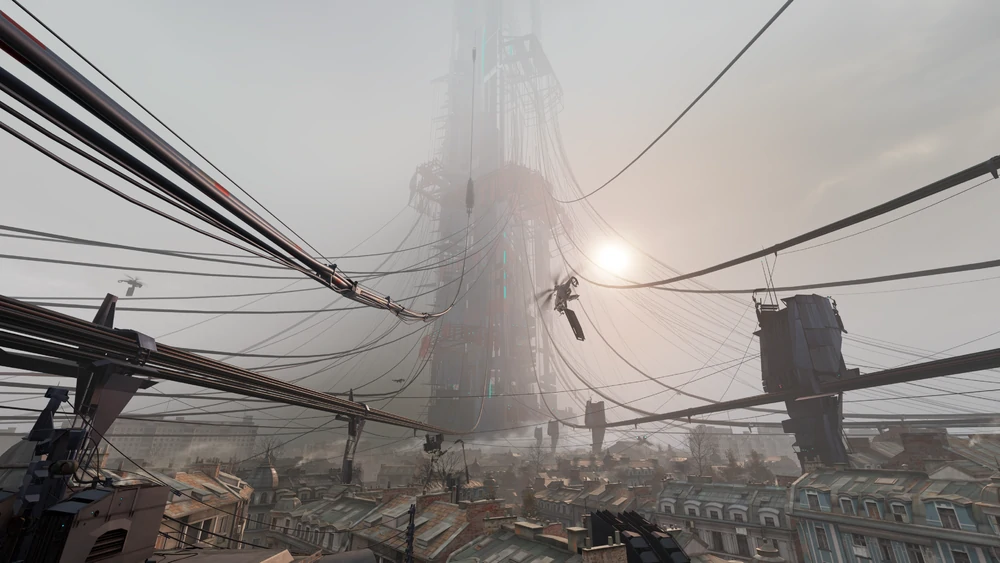The myth of the solitary creator
This entry I want to write about why we should rid ourselves of the (romantic) idea of the auteur when it comes to complex, collaborative, and creative projects such as videogames.
Myth and reality
It's easy to see the appeal of the lonely poet, the tortured writer, the reclusive painter working deep into the night. Originally started in the 18th century by the Romanticists, we like and perhaps aspire to the idea of the heroic individual, the singular brilliant creator. We've since learned that many works of art have been misattributed to artists such as Davinci, Michelangelo, Vermeer, and others. Sometimes forgeries, yes, but just as often the works came from their studios, but not from their hands.

Take Sid Meier's Civilisation, A Hideo Kojima Game, Hayao Miyazaki's Ghibli, or Peter Molyneux's Dungeon Keeper and Fable. Where the ownership of an idea lies is beyond the scope of this article, but none of these creators would have had anything to show without the efforts of their development teams.
Making games is complicated

Any complicated work of art requires the cooperation of multiple people from many different disciplines. Videogames, being both complicated to make and time-sensitive, are of course no exception. Though the barrier of entry to making a game is lower than ever thanks to the prevalence of Unity and Unreal and GameMaker, making a large game is more complex than ever. Modern games (and their engines) are tremendously complicated pieces of art, design and mathematics that no single individual could create by themselves. For example, here's a somewhat comprehensive list of softwares the average 3D game artist has to have (advanced) understanding of.
- 2D applications such as Photoshop, Krita, GIMP
- 3D applications such as Maya, Blender, 3DS Max
- Sculpting applications such as Zbrush, Mudbox, 3DCoat
- Texturing tools such as Substance Painter/Designer, Quixel Mixer
- A game engine such as Unreal Engine, Unity, Frostbite or any proprietairy tech the studio is using
- Simulation programs such as Houdini, Marvelous Designer
- Additional tools such as Marmoset, Topogun, Arnold, xGen
- As well as a general understanding of how game engines handle rendering, shading, lighting, and optimisation
There's no I in compromise
So let's say you are a visionairy creator. You've got an incredible game idea in your head and you want to make it exactly like that. There's only one way to make that happen: you have shoot down any idea or input from the team, and be uncompromising. Any other approach to making this game will require you to accept input from the team, which will compromise and dilute the original vision. But I will argue this is always, without exception, a good thing. As gamesindustry.biz writer Brendan Sinclair put it:
"No game will ever be good enough to justify abusing people to get it made."

Recently some videogame auteurs have been negatively publicized for creating very toxic working environments, and this is not a new thing. Tarkovsky, the director of Stalker (1979), one of my favorite films, was incredibly difficult to work with and fired not once, but twice his DOP from the movie, as well as his production designer. He would also rewrite and reshoot many scenes after they'd been made if he would deem them "unworthy". The movie ended up being shot 3 times over.
Jason Schreier wrote about the style of Bioshock creator Ken Levine:
"Take-Two likely tolerates all of this for the same reason many people have flocked to work at Irrational and Ghost Story over the past two decades: because an auteur is capable of producing something magnificent. But Levine’s managerial style has led to burnout and, former employees say, caused a lot of pain."
"But they made something amazing!"
The argument that 'without [the auteur] being the way they are, the world wouldn't have this [work of art]' is a persuasive one. After all, I wasn't personally harmed by the development of the work of art. But by following this line of reasoning we are not only disregarding the experience of the team who worked under these conditions, but we are also saying that the work we have is better than the work we could have gotten with a positive working environment.

With a metacritic of 96 and a user score rating of 9.2, critics and gamers alike consider Half-Life 2 to be one of the best games ever made. In the foreword of David Hodgson's book Half-Life 2: Raising the Bar, Valve co-founder Gabe Newell puts it best:
“What also seems terribly unfair to me is the disproportionate credit I receive for Valve’s success. I am part of a team, and part of what I do is act as a public face for the corporation (for example, writing forewords). One thing I hope you take away from this book is a clearer sense of just how much work is involved, how much creativity is required to build a game.”
“There may be some games that are created by auteurs, a single driving vision surrounded by an army of obedient servants, but I don’t think a game like Half-Life 2 can be created that way. For anyone on the team, I can list all of the things that would have been lost if they hadn’t been part of the creation of the game. There is a myth that gets told about the solitary writer, the autocratic director, the Napoleonic CEO that just doesn't ring true to me anymore having been part of the collaborative process at Valve.”
Switching it up
God of War's reboot, directed by Cory Barlog, was massively successful, and a 2 hours long documentary was made documenting primarily Cory's efforts. Interestingly, he's not directing the sequel, and this is a tradition at Santa Monica:
“It’s always been a tradition here at Santa Monica, to change the directors across the games," said Williams, who has been at the studio since 2004. "We’ve had really good success with that. Cory is the only repeat director (God of War II & God of War 2018) and, you know, rightfully so: he’s pretty damn good at what he does.”

Real xp
Since I haven't been a game director myself I can only speak from what I know now. It's pretty easy to think that you'd have all the answers to all the problems. In your vision of the game you have it all figured out. But you can't know what you don't yet know. You might be an expert in a certain corner of the field, maybe two, but you can't be an expert in everything. You need, and want, other people's input and feedback. You might have the vision, but you don't have all the answers. Assuming you do is naive and detrimental to the team.
The best thing you can do is to communicate as clearly as possible the vision to the team, and let them help and contribute to make that vision a reality.
Thanks for reading. Please tweet or email me if you have any comments/opinions/questions, I’ll be happy to engage with you.
Further reading/watching
Half-Life 2: Raising The Bar (Uncorrected Proof) - Archive.org
It turns out you can get the uncorrect proof version of the Half-Life 2 book for free. This version not only has extra content and interviews, but also costs around 1000 dollars less.